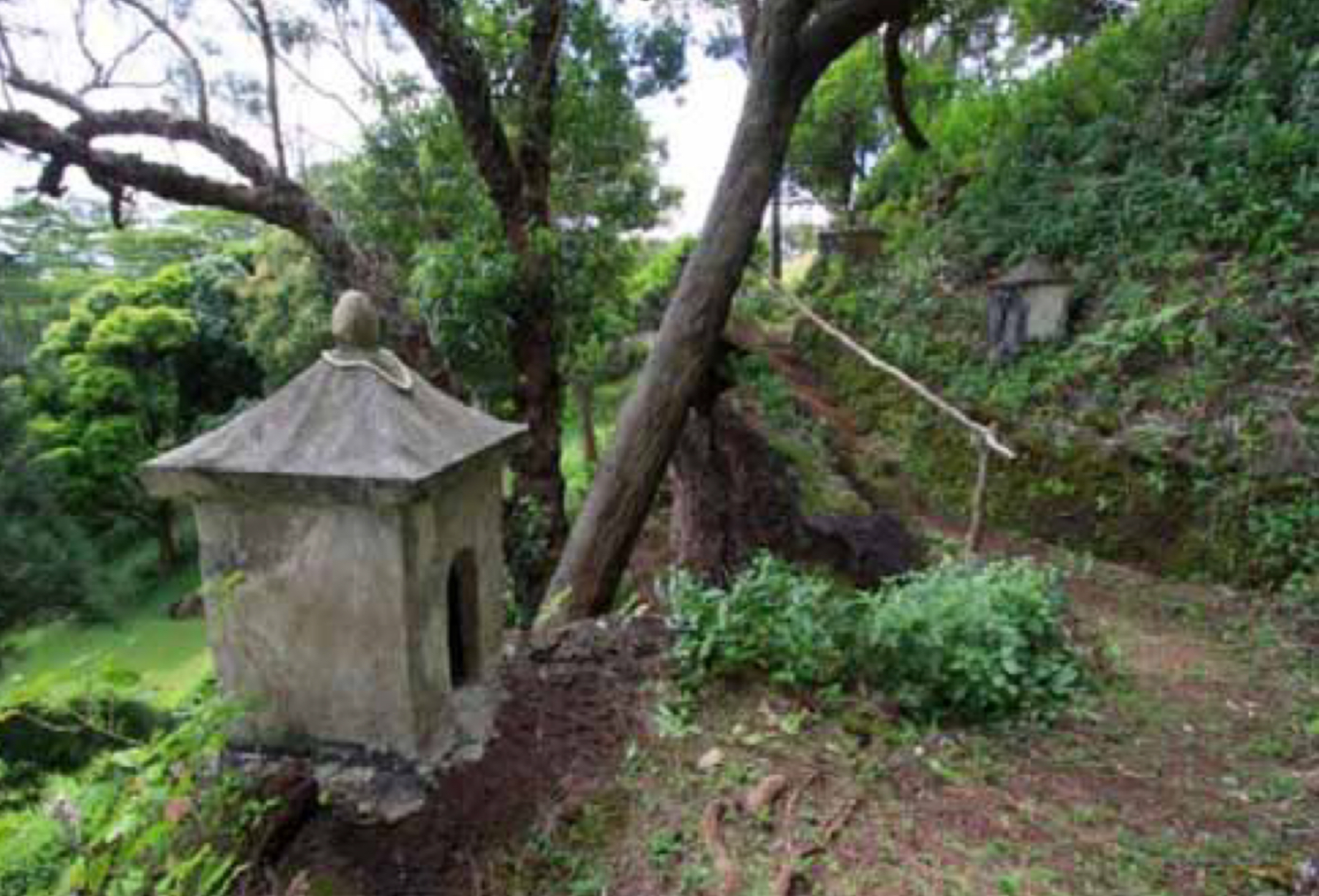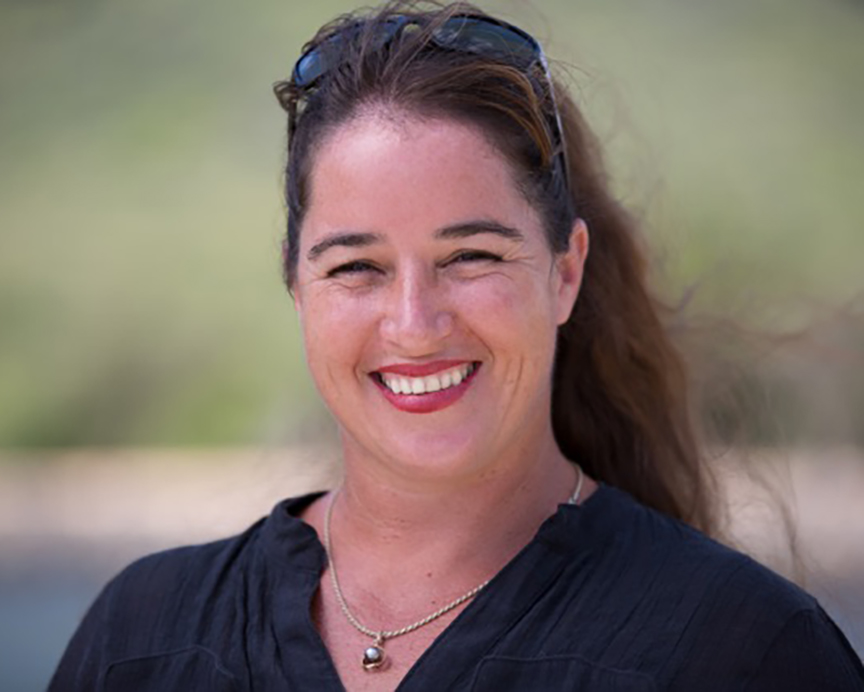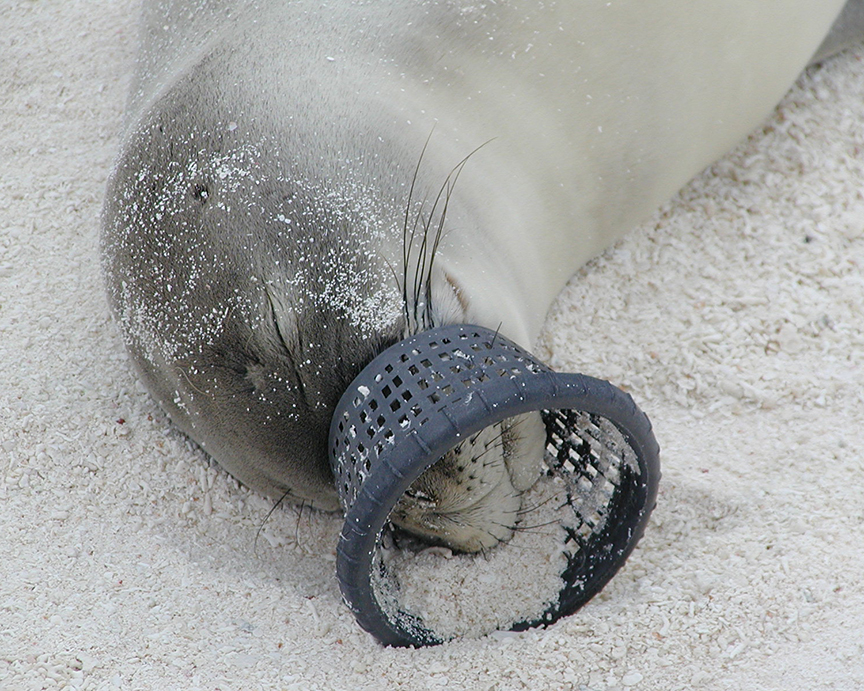By Léo Azambuja

Lyle Kuboyama is seen here in front of Kapa‘a Liquor & Wine Company. His father opened the business in 1940.
By the end of June, one of the longest-running businesses in Old Kapa‘a Town and an icon of long-gone plantation days will close its doors for good.
“There used to be this line of family businesses along the street here. We are one of the last dinosaurs,” said Lyle Kuboyama, owner of Kapa‘a Liquor & Wine Company.
The small liquor store that for 75 years served mostly residents is going out of business. Lyle, who will be 71 years old this year, says he’s slowing down and it’s only getting harder to run the business by himself.
“And I need to do some other things I haven’t been able to do,” the humble, soft-spoken storeowner said in an almost inaudible voice.
Lyle said he’ll shut down when his liquor license expires at the end of June. Until then, he’s liquidating his hard-liquor, but is still stocking on beer and soft drinks.
The story of Kapa‘a Liquor & Wine goes back before Lyle was even born.
Lyle’s father, Kashiko Kuboyama, worked on his family’s rice mill in Hule‘ia, Lihu‘e. After the mill shut down around 1930, the Kuboyamas bought the Hayashi Hotel in Nawiliwili and reopened it as Hotel Kuboyama.
Kashiko was an electrician and also sold appliances. While living in Nawiliwili, he sold a sewing machine to a seamstress in Kilauea. Later he married her daughter, Yukiko Kuboyama.
In 1940, Kashiko bought a small general store in Kapa‘a and reopened it as the Kapa‘a Liquor & Wine Company. A few years later, he opened an appliance store across the street. On the side, Kashiko worked as an electrician, wiring homes.
Back in the day, most Kapa‘a residents worked for the sugar or pineapple plantations. As a result, Lyle said, the majority of the liquor store’s customers were plantation workers; “Filipinos, Japanese, Portuguese, Chinese, everything.”
On payday, the plantation workers would form a huge line in front of the store. But the Kuboyamas also allowed customers to keep an account and pay it later.
In those days, Kapa‘a “was like an old cowboy town,” Lyle said. There were few cars and no traffic. Trains hauling sugar cane ran on tracks along the coast. Small portions of those tracks can still be seen over Mo‘ikeha Canal.
“Growing up was the best time,” he said. The kids would pull sugar cane from the back of the trains to chew on it. They picked guava from trees on the hillside by Kapa‘a Middle School and fished along the coast, catching aholehole, ‘aweoweo, papio and oama.
 During New Year’s Day celebrations, his family would get together at the Kuboyama Hotel and pound mochi. Lyle would swim at Rice Beach, better known as Kalapaki Beach, and fish from the pier.
During New Year’s Day celebrations, his family would get together at the Kuboyama Hotel and pound mochi. Lyle would swim at Rice Beach, better known as Kalapaki Beach, and fish from the pier.
As a young man, he left for college on the Mainland and got a teaching job there. Then he was drafted to Vietnam and later discharged following an injury. He went back to college and teaching, and then worked as an accountant for 7-Eleven.
In 1982, he returned to Kaua‘i, just in time to see Hurricane ‘Iwa wipe out the original liquor store building, which had been there since at least 1900.
 His family rebuilt the store, but Hurricane ‘Iniki in 1992 tore out the building’s top-half, which was again rebuilt. Three years later, Lyle decided to help his mother to run the store. His father died in 2008, at 96 years old, and his mother died in September, at 97 years old.
His family rebuilt the store, but Hurricane ‘Iniki in 1992 tore out the building’s top-half, which was again rebuilt. Three years later, Lyle decided to help his mother to run the store. His father died in 2008, at 96 years old, and his mother died in September, at 97 years old.
With the closing of Kapa‘a Liquor & Wine, another chapter of Kapa‘a’s old plantation days comes to an end.
Lyle’s customers told him they’re going to miss him. Some call him baby, others call him love.
“It’s been fun,” he said.
Discover more from ForKauaiOnline
Subscribe to get the latest posts to your email.












Leave a Reply